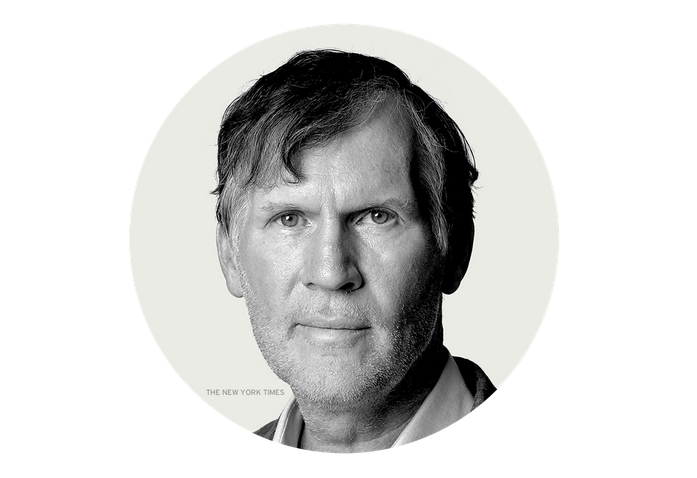Jim Glanz, a New York Times reporter who holds a Ph.D. in Astrophysical Sciences from Princeton University, will give the second Irving and Renee Milchberg Endowed Lecture on Tuesday, Nov. 16 at 4 p.m. in room 1412 of the Toll Physics Building. His talk, The Public Relations Machine in Science: A Self-Inflicted Wound? is free and open to the public, with refreshments served at 3:30 p.m.
Glanz' writing career began at Research and Development, before he moved to Science magazine in 1995. In 1998, he broke the story of the discovery of dark energy and the accelerating expansion of the universe, describing the findings of Adam Riess, Brian Schmidt and Saul Perlmutter, who were awarded the 2011 Nobel Prize in physics for this work. Jim Glanz
Jim Glanz
Glanz joined the New York Times in 1999 as a science reporter. After the September 11, 2001 attacks, he wrote extensively on the design, construction and collapse of the World Trade Center twin towers. He received the Excellence in Journalism Award from the American Society of Civil Engineers in 2002. Pieces he wrote with fellow Times reporter Eric Lipton about the towers were part of the "Nation Challenged" package that won the Pulitzer Prize for Public Service in 2002.
Now a reporter on the Investigations desk, he helps untangle and explain a wide range of natural and technological complexities, such as the splitting of an Italian bridge that killed 43 people, the collapse of a Mexico City Metro overpass that killed 26, various aspects of COVID mutations and transmission, design decisions on the ill-fated Boeing 737 Max, and the dispersal of hundreds of tons of lead over Paris when Notre Dame Cathedral burned.
The Irving and Renee Milchberg Endowed Lectureship was established by Prof. Howard Milchberg and his wife Rena, to remember Howard's parents, who survived the Holocaust and the distortions of truth that accompanied and facilitated it. Milchberg’s mother and father, who died in 2017 and 2014, respectively, never received formal education, but Milchberg describes them as “remarkably open-minded and tolerant” and as “wide-ranging thinkers and skeptics.”
This is the second Milchberg lecture; the first lecture was given in 2019 by Susan Eisenhower.
For further information: https://science.umd.edu/events/milchberg-2021.html